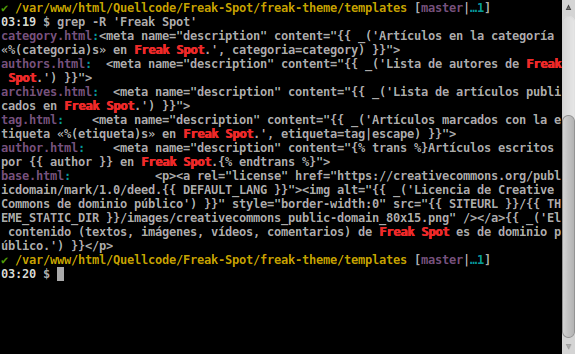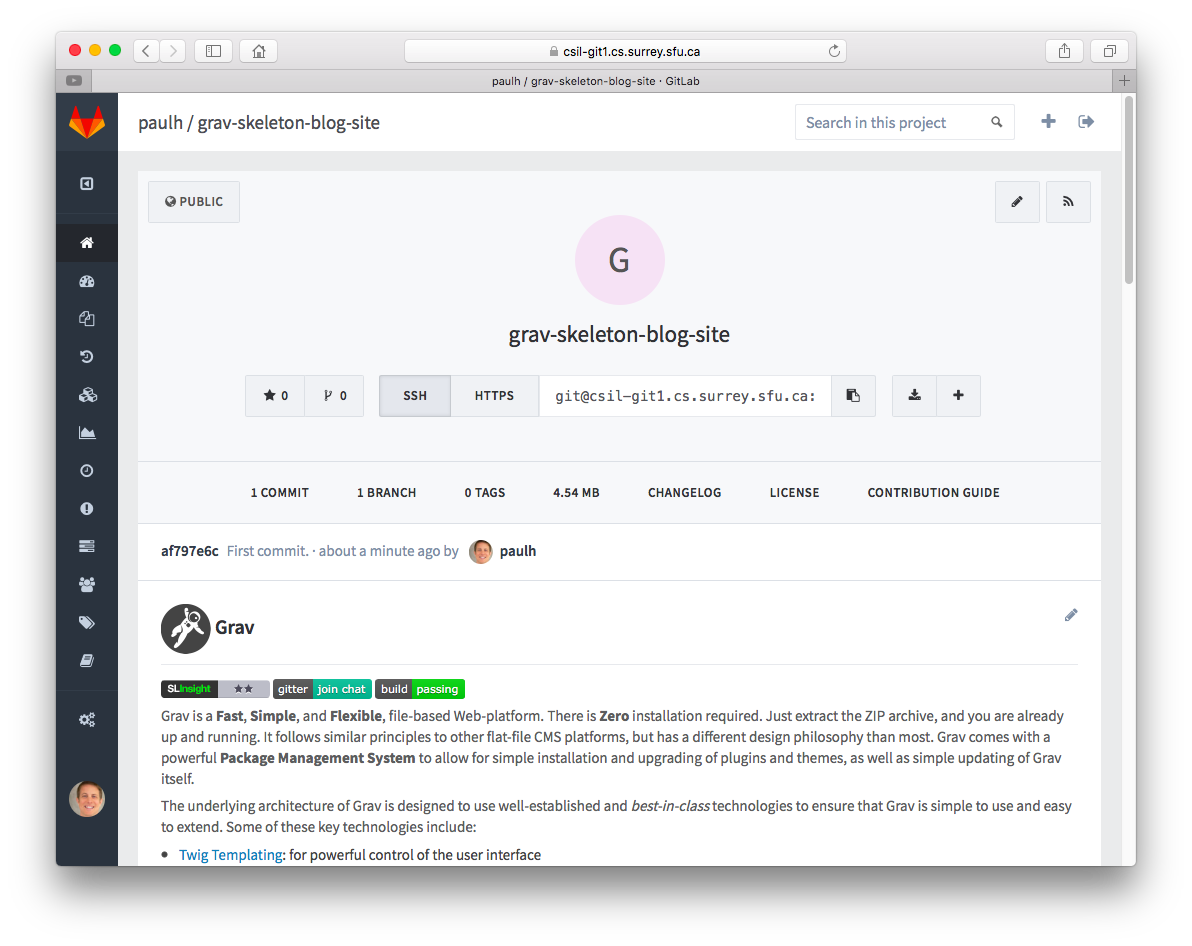

#GITLAB GREP HOW TO#
Jq can also neatly pretty print your JSON: $ jq. Handbook Practical Handbook Edits Examples This page contains instructions, tips, and historical recordings for non-technical team members on how to work Handbook-First. To get rid of the double quotes, you can use the -r ("raw output") option: $ jq -r '.data.id' infile.json This is just a simple filter for the id key in the data object. The result of the first command is "id": "4dCYd4W9i6gHQHvd" the second command removes everything but a pair of quotes and the non-quotes between them, anchored at the end of the string ( $).īut, as pointed out, you shouldn't use grep for this, but a tool that can parse JSON – for example jq: $ jq '.data.id' infile.json gitk The Git repository browser grep Print lines matching a pattern gui A portable graphical interface to Git. If your grep can't do that, you an use $ grep -o '"id": *"*"' infile.json | grep -o '"*"$'

"id": * matches "id" and an arbitrary amount of spaces Replace the Gitlab CI regexp with what the instruction returns: d+.d+ covered.

If you have a grep that can do Perl compatible regular expressions (PCRE): $ grep -Po '"id": *\K"*"' infile.json Using a simple job, I keep finding the runners exiting with status code 1 once it hits the grep command in my job script.


 0 kommentar(er)
0 kommentar(er)
